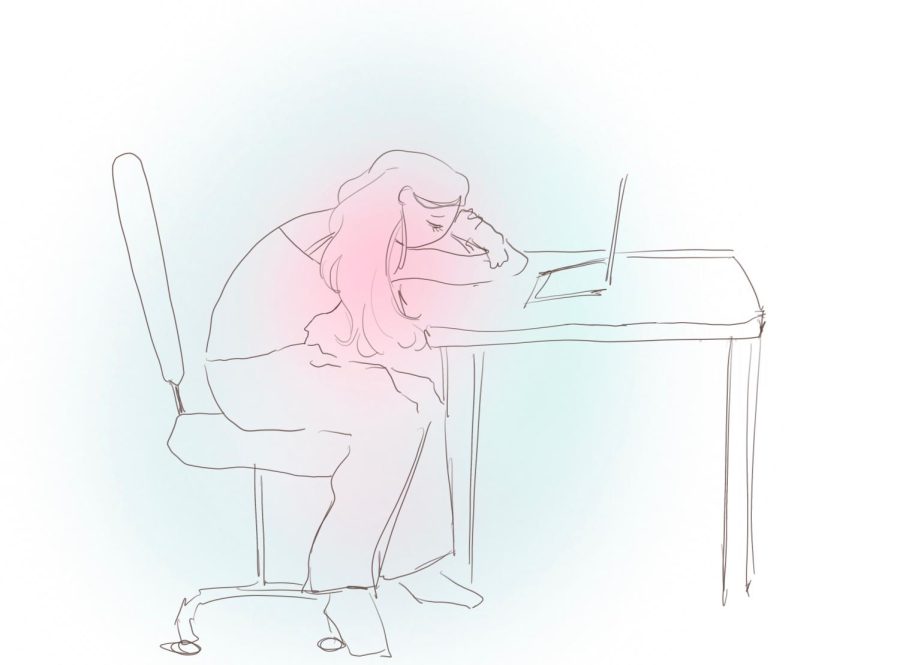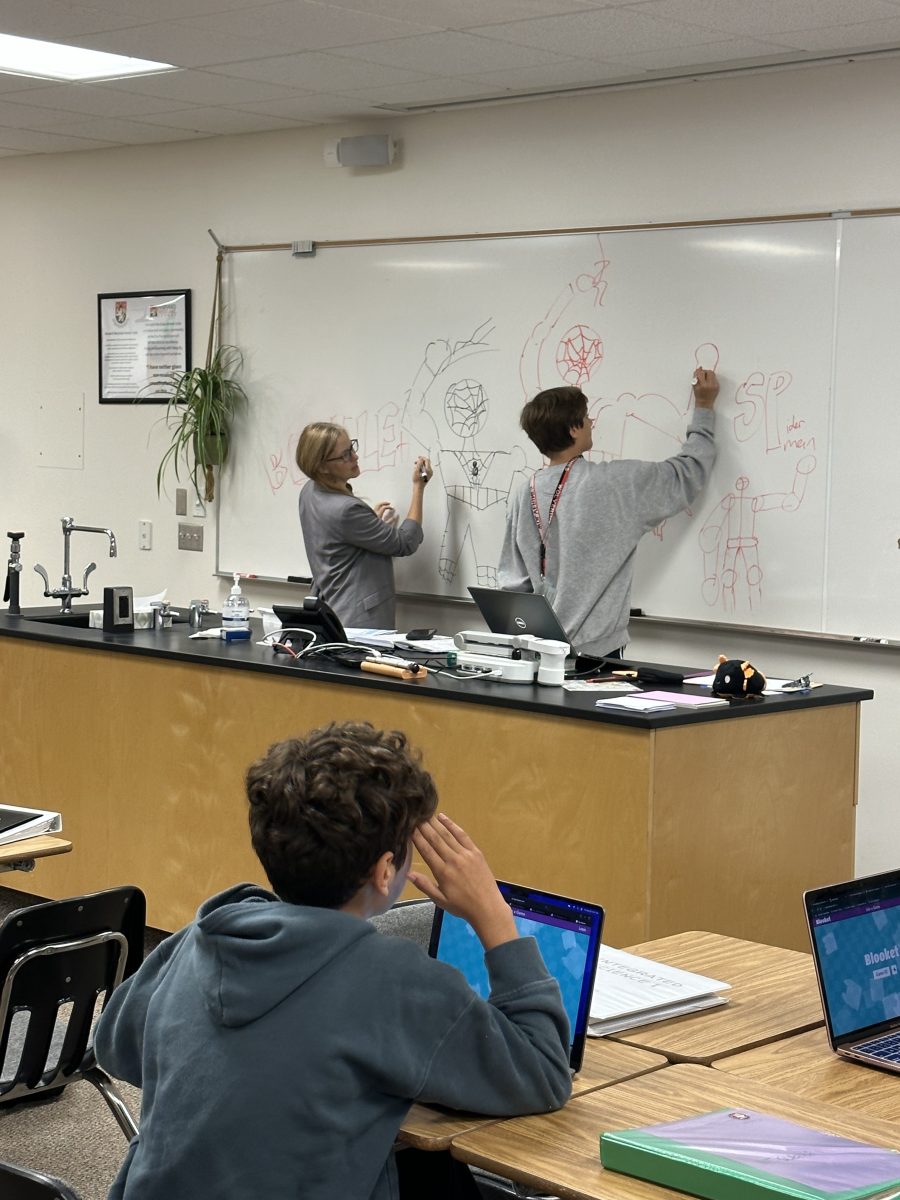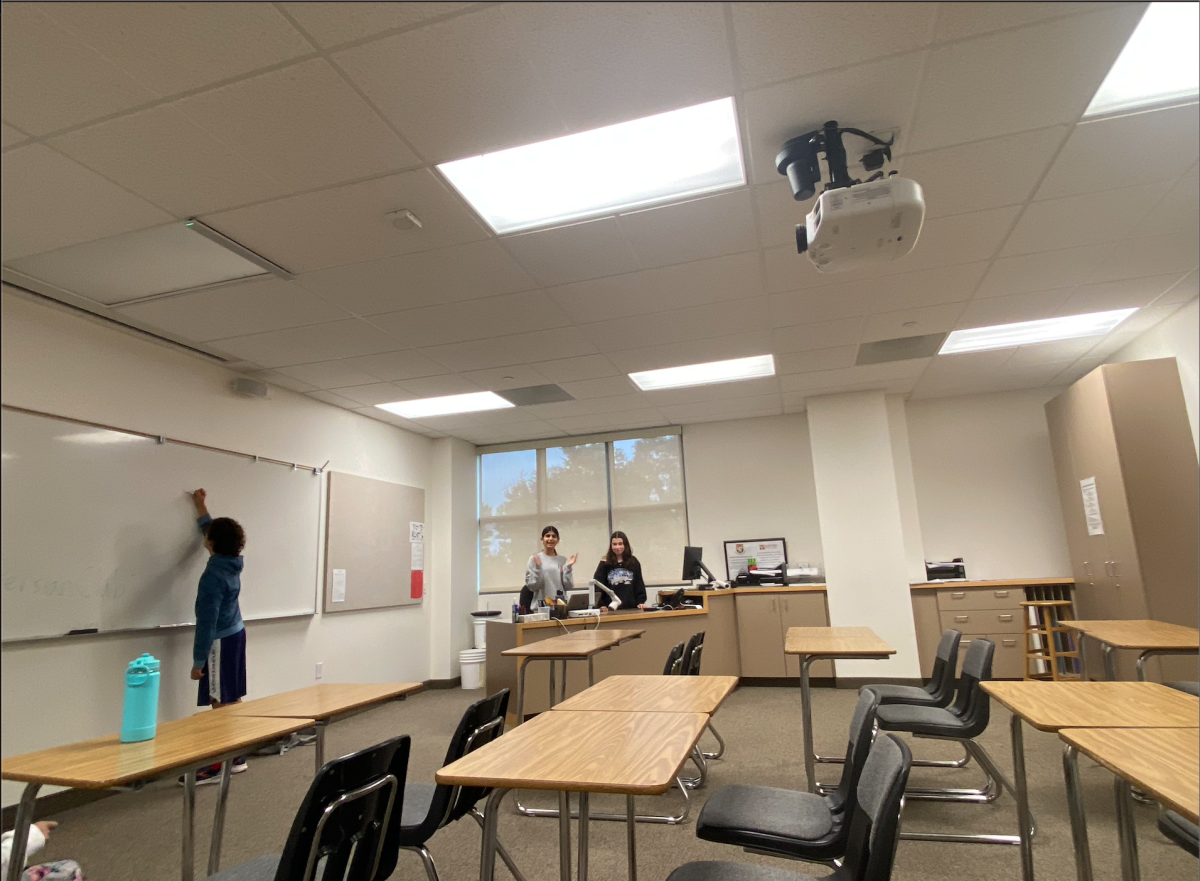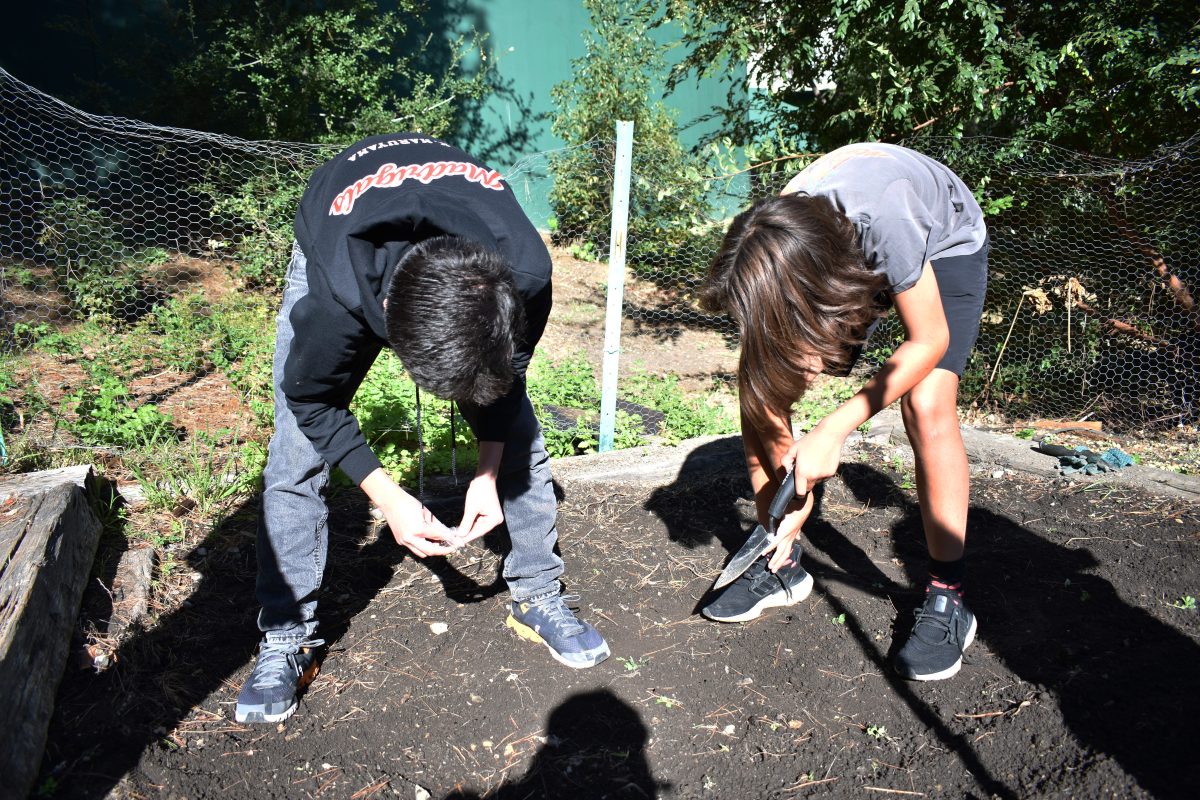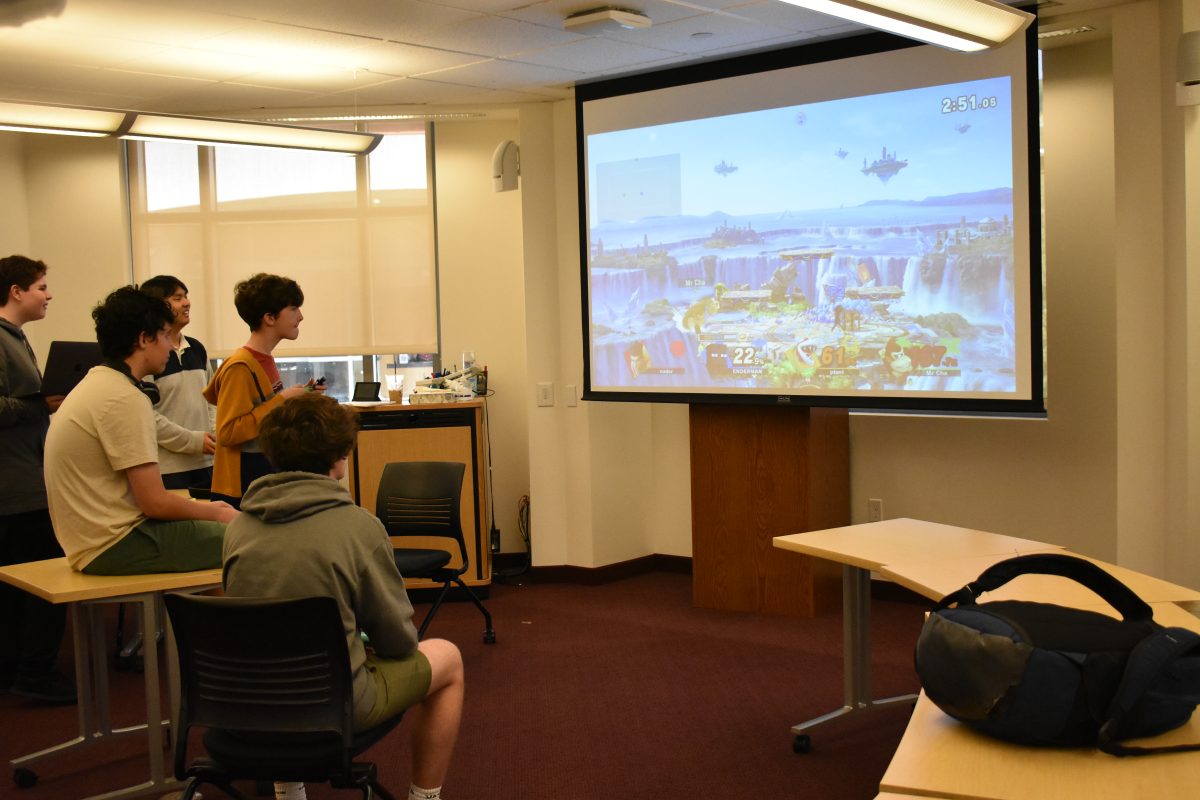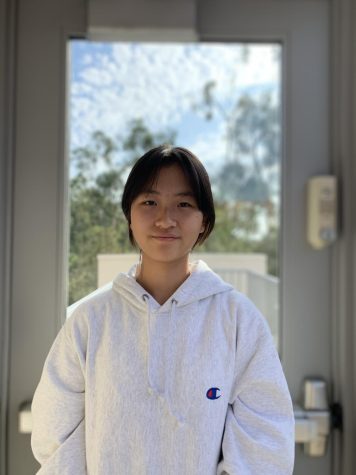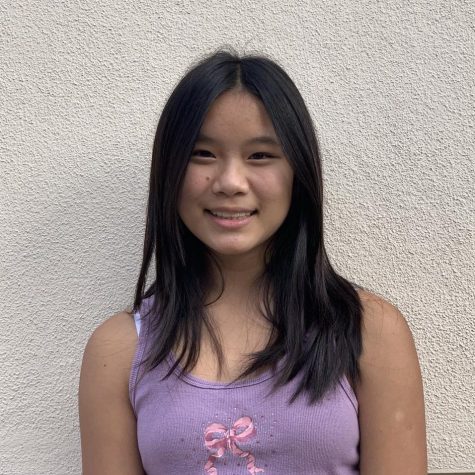Advice by Isleen Lee ’26
As students approach winter break, students also near finals, end-of-unit tests, and countless assignments. It is the most stressful part of the school year and it is not easy to stay motivated throughout the time. The numerous tests and assignments are one of the main reasons that cause academic burnout. Burnout usually consists of a period of a lack of motivation to get work done, such as completing homework assignments or studying for a test, a decrease in focus, and even a decline in one’s performance. Most importantly, it can lead to severe physical and mental health problems.
Any student’s experience with academic burnout will prove to be stressful. Like the symptoms listed above, many of us are left feeling unmotivated to complete any work, but anxious because we are not doing any of the things we needed to do. “I’ll do this at 7 p.m.” became tomorrow, and tomorrow became the night before the deadline. This vicious cycle takes advantage of many people, especially students. If anything, I’ve learned that this pattern won’t stop itself after a certain amount of days or even weeks. If we don’t step in and regain control of our work habits, we are only giving into to be the puppet of a merciless cycle. At first, many people may feel lost stepping back after days of being unable to do any work. You may be behind on work, which would only contribute to your unwillingness to get back on track. Fortunately, there are some tricks and tools that are accessible to everyone that helps reverse the aftereffects of academic burnout.
First, identify what assignments or exams you need to study for. It is important to note the deadline, so you can prioritize certain subjects over another. Knowing what you need to work on is the key point to getting back to your regular study habits. Regardless of the length of the list, separate the assignments by class, then priority by looking at how close the deadline is. Utilizing this chart is a great way to keep track of the things you need to do. A few examples of charts like these are the HW planner, Notion, Todoist, but a piece of paper will do, as well.
The most important part of this, however, is not overworking yourself. Even though it may seem impossible to do so, remember that academic burnout can affect any student, and chances are, you’re not the only one going through it at the moment. The entire point of reversing the effects of burnout is so that you can successfully continue your study habits consistently. It is also vital to keep in mind that your productivity does not amount to your self-worth. Being kind to yourself through this period is essential, since academic burnout is never something easy to deal with. In the end, academic burnout is not something to be overlooked because of how easily it can drain a student of their physical and mental health.
